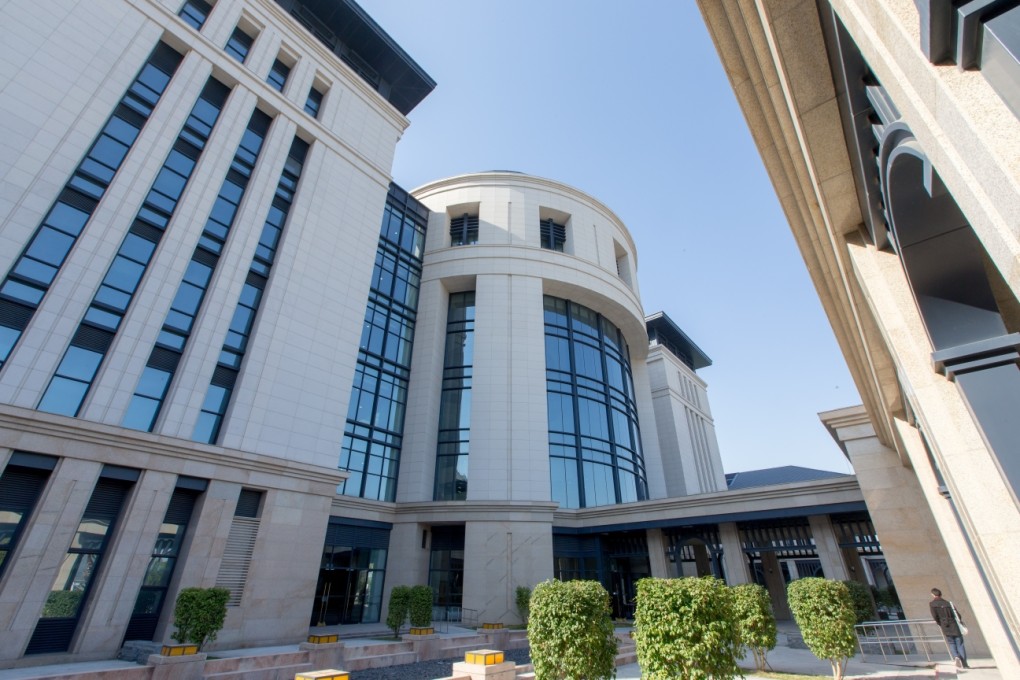In the hunt for new knowledge, UMacau remains at the cutting edge of science
[Sponsored Article] It is widely acknowledged that science and technology are the driving forces of human advancement and improvement in the quality of life. Well aware of such power, world-class universities devote massive resources to enhancing their research capability in an attempt to achieve scientific breakthroughs.

[Sponsored Article]
It is widely acknowledged that science and technology are the driving forces of human advancement and improvement in the quality of life. Well aware of such power, world-class universities devote massive resources to enhancing their research capability in an attempt to achieve scientific breakthroughs.
For the University of Macau (UMacau), the research objective is clear and focused: “to enhance our impact on the development of science and technology, and to reinforce our global ranking among top universities,” says Professor Chuxia Deng, Dean and Chair Professor of the Faculty of Health Sciences.
To enhance its research capability, especially in biomedical and health sciences which are regarded as key research areas, UMacau has established the Faculty of Health Sciences (FHS) to not only offer degree programmes in the field, but also promote health sciences research in Macau and the wider region.
“Our goal is to advance knowledge in health sciences that benefits mankind, and to nurture a high-quality workforce of health and medical professionals, who are able to face health-related challenges in the rapidly changing world,” affirms Professor Deng, a world renowned scholar in medical and clinical biology.
“We have identified five major research areas to address Macau’s public health issues and have established five research centres and one institute accordingly,” he states. These include the Cancer Centre; Centre of Reproduction, Development and Ageing; Centre of Molecular Medicine; Centre of Neurodegenerative Diseases; and Centre of Immunology and Infectious Diseases.
To embark on numerous research projects, Professor Deng has gathered a strong team of academics and researchers from all over the world, including 20 principal investigators, instructors and research support staff. To cultivate and promote a research culture in the local medical community, FHS will collaborate with local hospitals in clinical research.
“Leading medical doctors from local hospitals may be invited to serve as adjunct professors in our faculty,” says Professor Deng, adding that the faculty plans to run a medical training programme for doctors to respond to Macau’s needs. He points out that the local Macau residents have the world’s second highest longevity rate, and this presents a good opportunity for research on ageing and related diseases such as cancer formation, neurodegenerative diseases and chronic diseases.
When asked about the future of scientific research at the University, Professor Deng says with confidence: “Bright.”